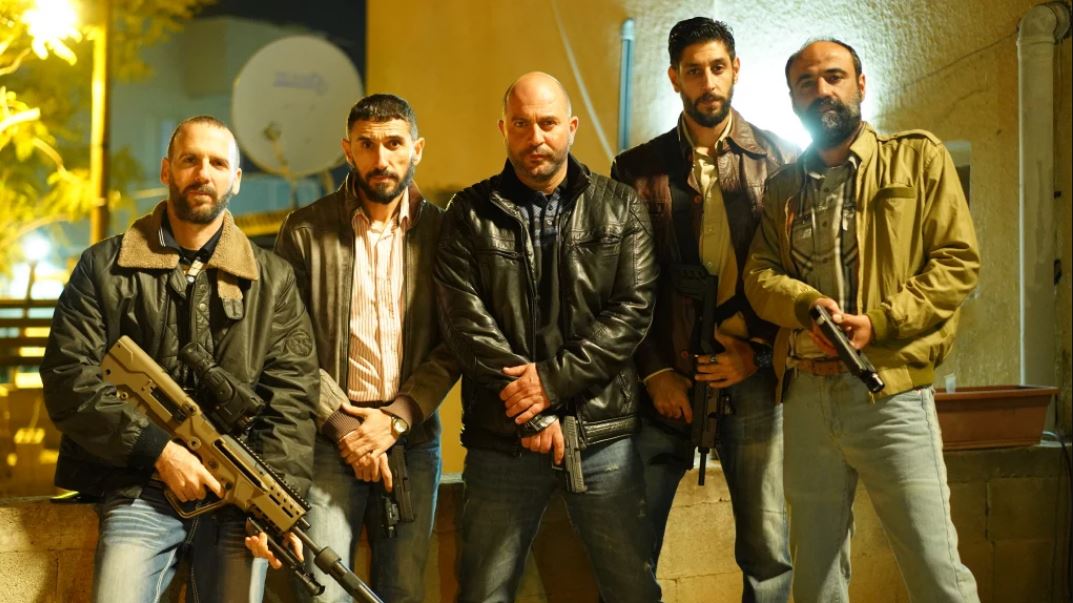For many years, Nordic noir was the dominant force in foreign-language television. Hits such as The Bridge and Borgen wooed British audiences with their melancholic landscapes, taut dialogue and impressive knitwear.
But this small-screen pre-eminence has been replaced by offerings from a country that could not be further removed from the introversion and cautious pacing of Nordic TV. Israel is in some ways the anti-Scandinavia. The weather is hot, the people outspoken, the history bloody and disputed.
Yet as a source of must-see television, the country has emerged as an international force to be reckoned with. And it has done so while avoiding becoming locked into a particular genre. Nordic TV can often seem to consist of different flavours of the same fatalistic murder mystery format. In Israel, by contrast, diversity is the watchword. From action to comedy via human-interest drama, anything goes.
There are gripping thrillers such as mistaken-identity slow-burner False Flag and West Bank-set Netflix hit Fauda, which has just returned to the streaming service for a hugely anticipated third season. But Israel is also serving up escapist romcoms such as the brilliantly whimsical Beauty and the Baker, which has proved a surprise sensation on Amazon Prime. (The US adaptation, The Baker and the Beauty, airs on Stan. Nine is the owner of Stan and this masthead.)
Read the article by Ed Power in The Sydney Morning Herald.

